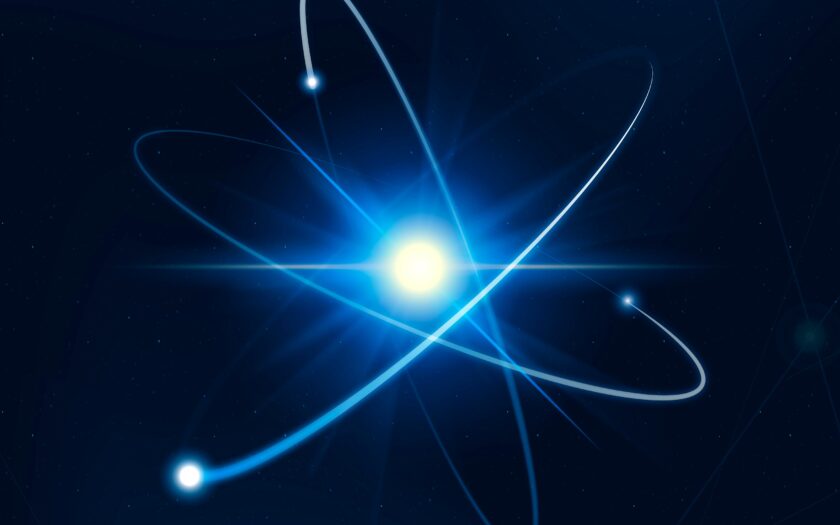Atoms are the ultimate building blocks of the universe, composed of three fundamental particles: protons, neutrons, and electrons. They make up everything we see, touch, and experience in the world, from the smallest grain of …
Continue reading
Inorganic chemistry is a branch of chemistry that deals with o the study of inorganic compounds, which are typically characterized by the absence of carbon-hydrogen bonds. It investigates the properties, synthesis, structure, and reactions of a wide range of substances, including metals, minerals, and non-metallic compounds. Chemists usually explores the fundamental principles governing chemical reactions and the behavior of elements in various chemical environments. Their work has practical applications in industries such as materials science, catalysis, and environmental chemistry, making inorganic chemistry a crucial discipline for understanding and manipulating the non-organic substances that play essential roles in our everyday lives.

Atoms are the ultimate building blocks of the universe, composed of three fundamental particles: protons, neutrons, and electrons. They make up everything we see, touch, and experience in the world, from the smallest grain of …
Continue reading
Atomic orbitals are regions of space around the nucleus where electrons are likely present. Each atomic orbital is characterized by a set of quantum numbers that describe its size, shape, and orientation. Quantum numbers are …
Continue reading
Atomic structure refers to the organization and arrangement of subatomic particles within an atom. Atoms are the basic building blocks of matter. These are composed of three main subatomic particles: protons, neutrons, and electrons. An …
Continue reading